When it comes to choosing the right countertop material for your home, granite and quartz are two popular choices that stand out for their durability and aesthetic appeal. However, installing these countertops can be a significant investment, so it's essential to consider several factors before making a decision. In this article, we'll discuss the top three things homeowners should keep in mind when installing granite or quartz countertops and the average cost of the project.
Material and Design
The first thing to consider when choosing between granite and quartz is the material's design and color options. Granite countertops come in a range of natural colors and unique patterns, and no two slabs are alike. On the other hand, quartz is an engineered material, and its color options are more consistent. Both materials offer a luxurious look and feel, but the decision ultimately comes down to personal preference and the design of your kitchen or bathroom.
Additionally, consider the thickness and edging options of your countertops. While most countertops come in standard thicknesses of 2cm and 3cm, a thicker slab may offer a more robust and substantial look. Similarly, edging options such as bevel, bullnose, and ogee can add elegance and character to your countertops.
Cost
The second thing to consider is the cost of the project. The cost of granite and quartz countertops can vary based on the material's quality, thickness, and design complexity. On average, granite countertops cost between $40 and $100 per square foot, while quartz countertops range from $50 to $120 per square foot.
Additionally, consider the installation cost, which can add another $30 to $50 per square foot to your total cost. Keep in mind that the total cost of the project may also depend on the size and shape of your countertops, the complexity of the design, and any additional features such as a sink cutout or backsplash.
Maintenance
The third and final consideration is the maintenance of your countertops. Granite and quartz are both low-maintenance materials, but they require different levels of care. Granite countertops require periodic sealing to prevent staining and damage, while quartz does not require sealing. However, quartz countertops can be prone to discoloration if exposed to direct sunlight or heat for prolonged periods.
Both materials should be cleaned regularly with a mild soap and water solution and avoid using harsh chemicals or abrasive sponges that can scratch the surface. Additionally, avoid placing hot pans or pots directly on the countertops, as this can damage the material.
Choosing between granite and quartz countertops can be a daunting task, but considering these top three factors can help simplify the decision-making process. Remember to consider the material and design options, cost, and maintenance requirements of each material before making a decision. With proper care, both granite and quartz countertops can provide a beautiful and functional addition to your home.
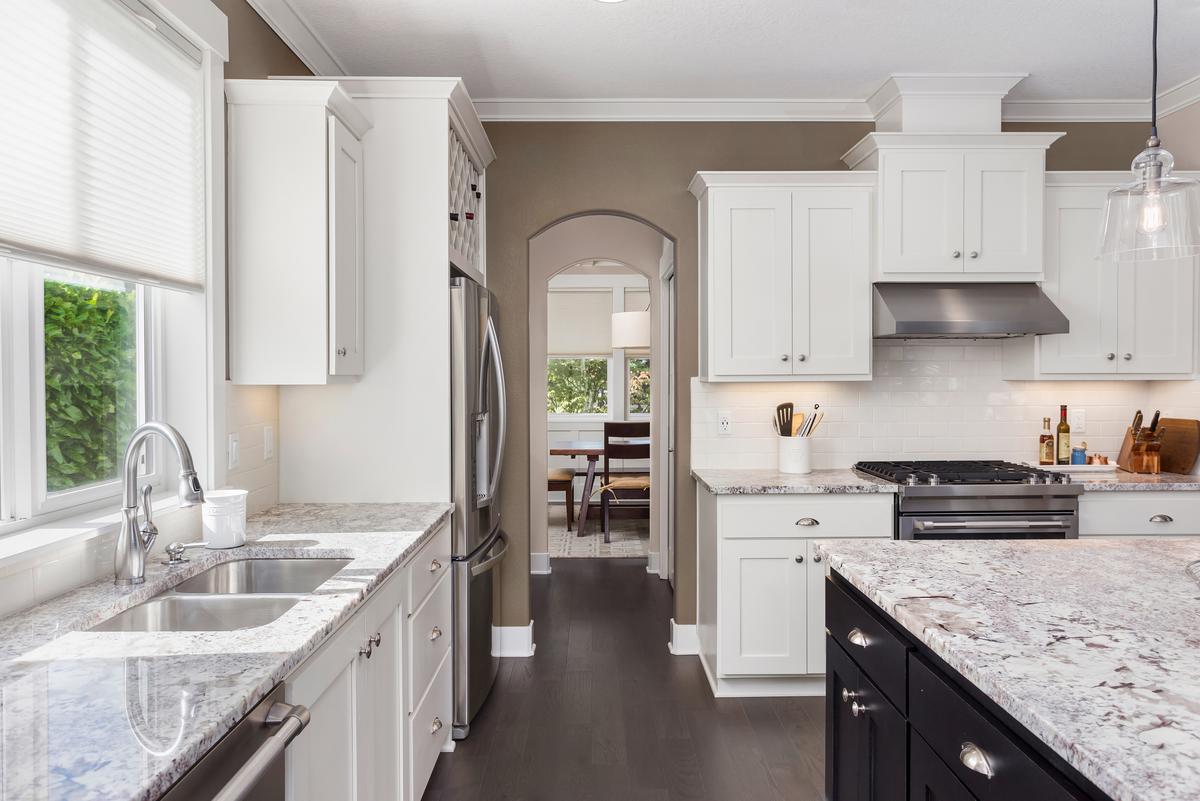

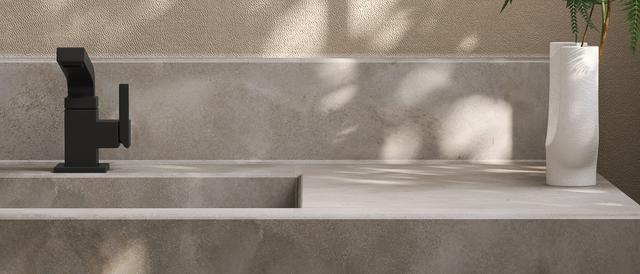
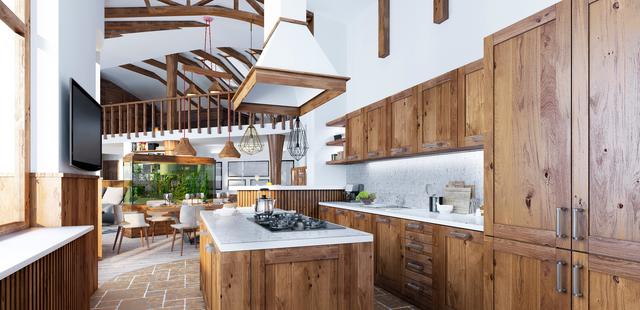
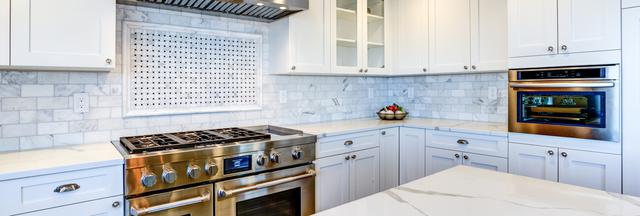
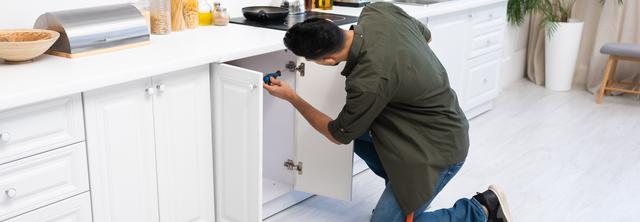
comments